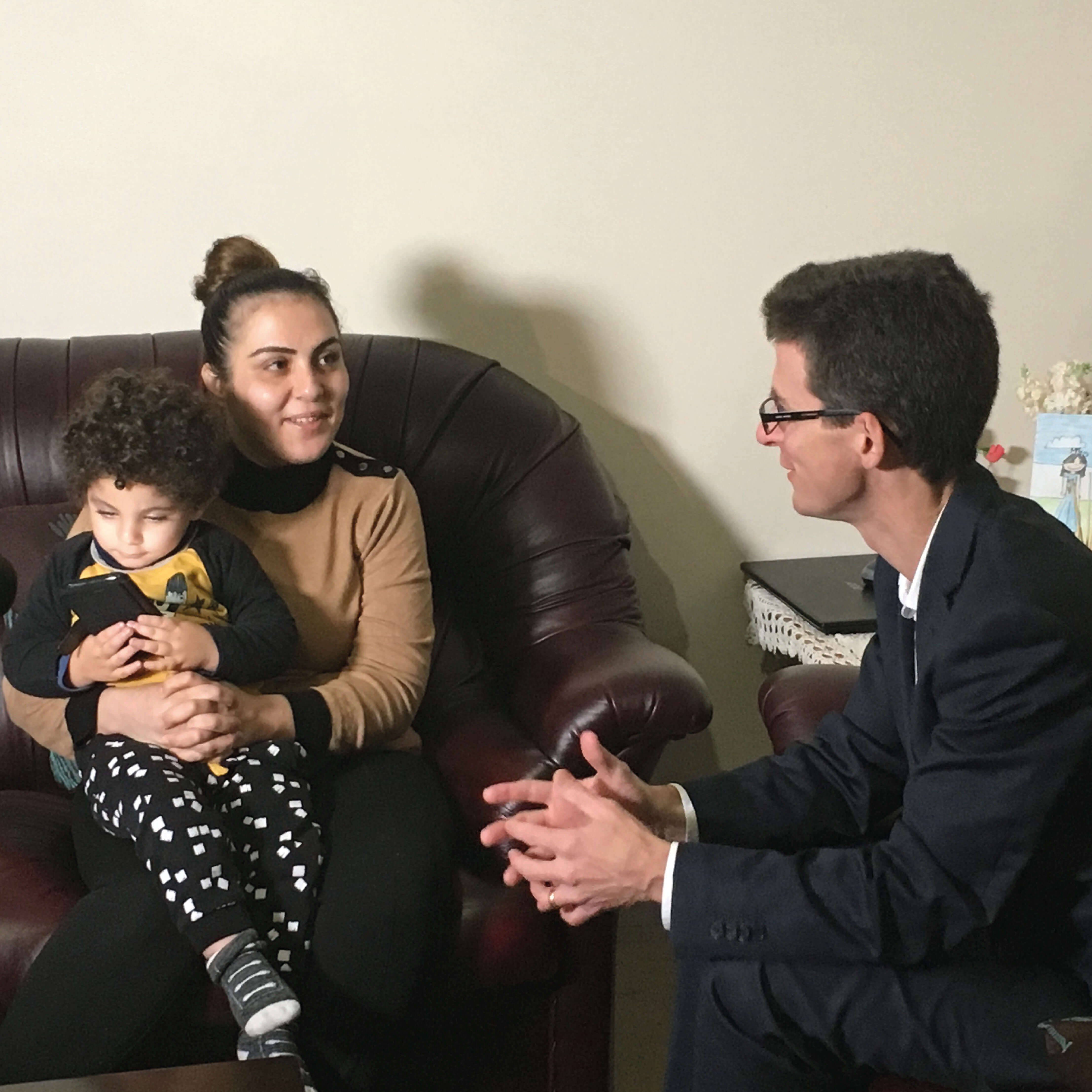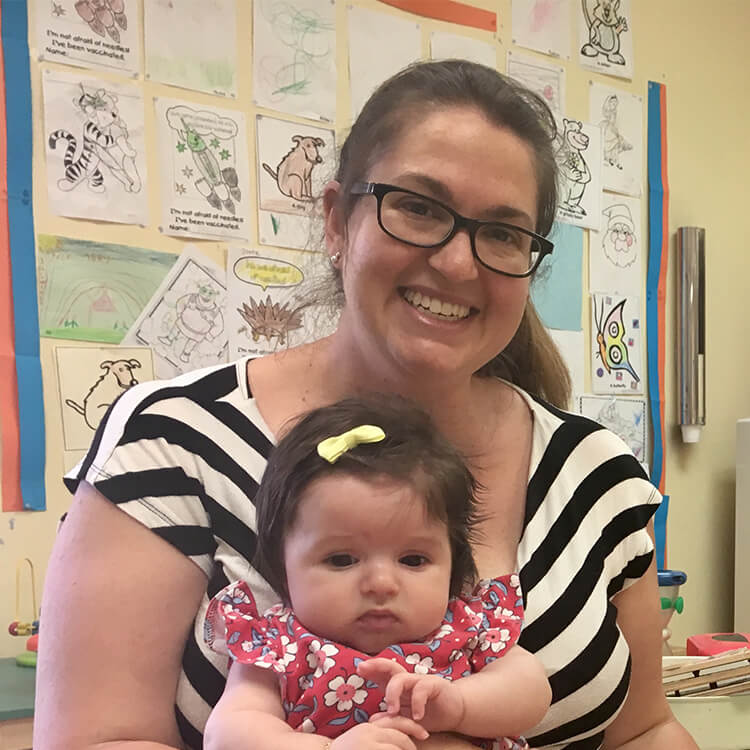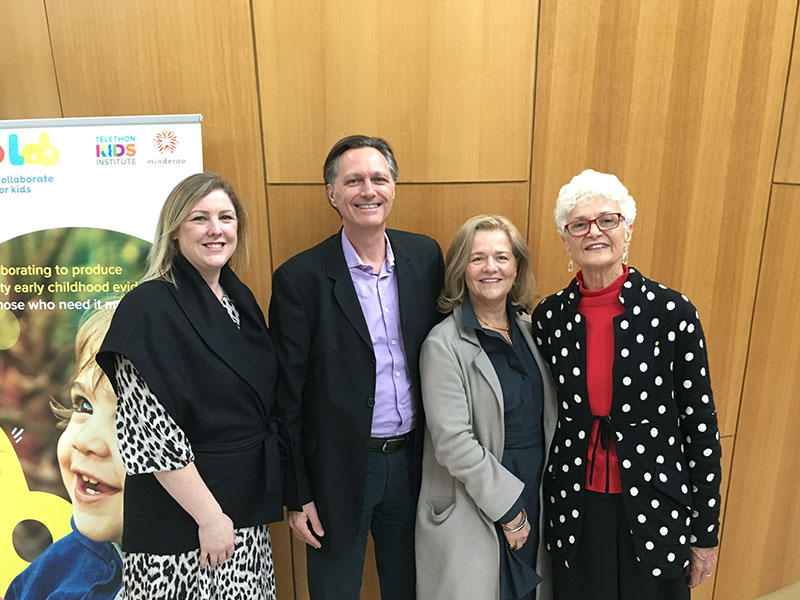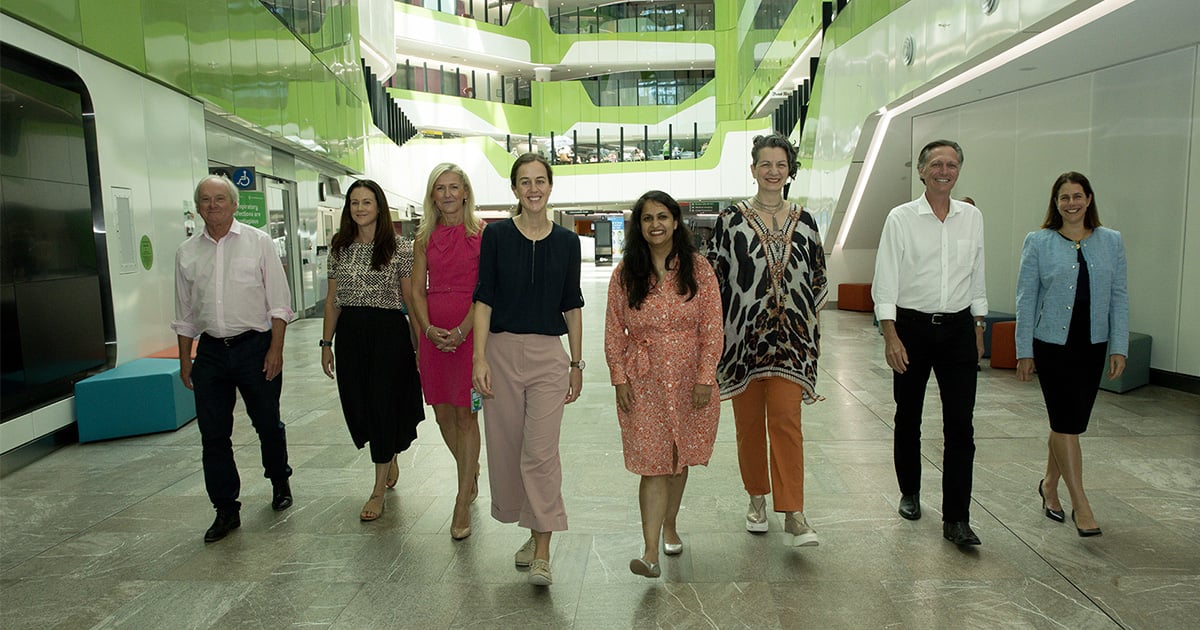Search
Showing results for "8"
Research
Altered lung structure and function in mid-childhood survivors of very preterm birthTo obtain comprehensive data on lung structure and function in mid-childhood from survivors of preterm birth.
Research
Childhood Overweight and Obesity: Maternal and Family FactorsThe need to target prevention and intervention efforts for childhood overweight and obesity towards families with overweight parents
Research
Non-linear relationship between maternal work hours and child body weight: Evidence from the Western Australian Pregnancy Cohort (Raine) StudyFiona Stanley FAA FASSA MSc MD FFPHM FAFPHM FRACP FRANZCOG HonDSc HonDUniv HonFRACGP HonMD HonFRCPCH HonLLB (honoris causa) Patron 08 6319 1176
Research
Early motor function of children with autism spectrum disorder: A systematic reviewEarly motor impairments have been reported in children with neurodevelopmental disorders (NDD), but it is not clear if early detection of motor impairments can identify children at risk for NDD or how early such impairments might be detected. Our aim was to characterize early motor function in children later diagnosed with NDD relative to typically developing children or normative data.

News & Events
National grants to support child health researchThe Kids Research Institute Australia researchers have been awarded nearly $8.5 million from the National Health and Medical Research Council.

News & Events
WA parents oblivious to true danger of the fluPerth parents are underestimating the serious consequences of the flu, with only 19 per cent of children under five years of age currently immunized against the virus ahead of the peak winter flu season.

News & Events
Trial tests which COVID-19 booster combos ‘boost’ immunityMEDIA ENQUIRIES Discover. Prevent. Cure. Mailing list Media contacts About The Kids Be Inspired Please direct general enquiries to our reception on (

News & Events
Perth mums play instrumental part in world-first vaccineNew mothers in Perth are teaming up with researchers at The Kids Research Institute Australia in a global bid to develop the first vaccine to prevent Respiratory Syncytial Virus (RSV) disease.

News & Events
Australia-first mapping tool to improve service delivery to children and families launchedData on Western Australian children’s health, learning, development and social characteristics will be mapped using geospatial technology so that community leaders and service providers can identify the priority issues for their children.

News & Events
PhD pathway program ensuring bright future for clinical research in WATwo outstanding Perth Children’s Hospital clinicians will be supported to pursue a career in medical research, paving the way for more clinician-scientists in Western Australia.
